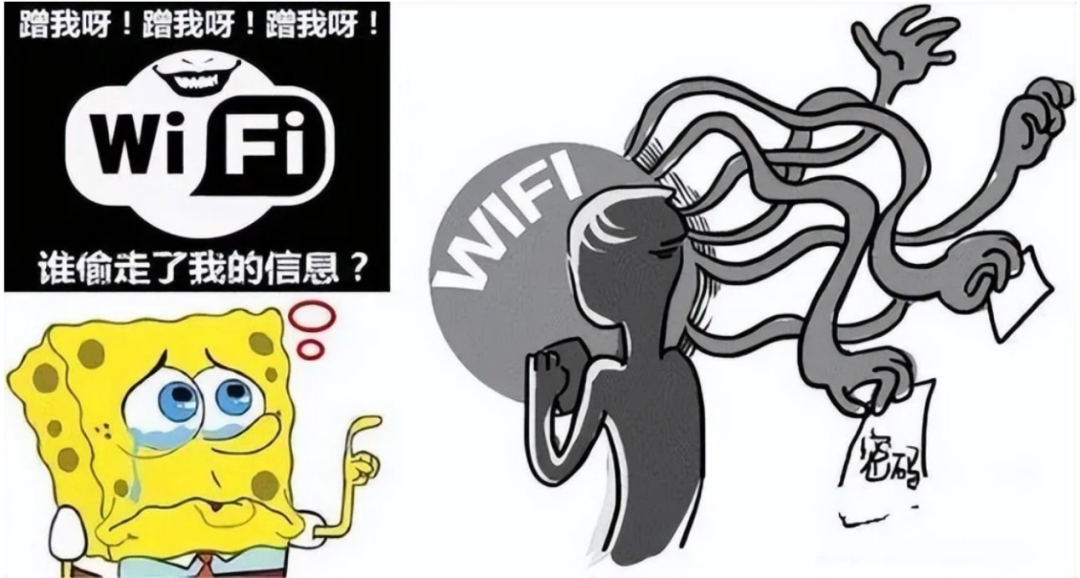Click the blue text

Follow us

 Scam Analysis
Scam Analysis
Providing “free” Wi-Fi access points in public places without a password is actually a trap set by hackers to capture users’ data transmissions, credit card information, and more.
 Classic CaseMr. Chen, while waiting at the airport, wanted to pass the time and handle some urgent work. He looked around and found a “free” Wi-Fi network that he could connect to without a password. He thought this would save him the cost of using mobile data, so he connected to the network without hesitation.
Classic CaseMr. Chen, while waiting at the airport, wanted to pass the time and handle some urgent work. He looked around and found a “free” Wi-Fi network that he could connect to without a password. He thought this would save him the cost of using mobile data, so he connected to the network without hesitation.
After successfully connecting, Mr. Chen began browsing news and replying to emails; everything seemed normal. However, just as he was immersed in his work, an unexpected message broke the tranquility—his bank account suddenly showed multiple unauthorized transactions. Mr. Chen was shocked and immediately realized that his account might have been compromised.

He quickly contacted the bank, and after an investigation, Mr. Chen learned a shocking fact: the seemingly convenient “free” Wi-Fi network was actually a trap set by hackers. They used this network to capture users’ sensitive information, including bank account passwords, to commit fraud.
Faced with this sudden blow, Mr. Chen felt both angry and regretful. He realized that while enjoying the convenience of the internet, he had overlooked the importance of online security. This experience taught him a profound lesson about the importance of protecting personal information and online security.
Key Points to Identify Scams
1. Avoid using public Wi-Fi: Try to avoid using unencrypted Wi-Fi networks in public places, especially when conducting financial transactions or entering sensitive information.
2. Enable two-factor authentication: Enable two-factor authentication for important accounts to add an extra layer of security even if the password is compromised.
3. Use a Virtual Private Network (VPN): When it is necessary to use public Wi-Fi, use a reliable VPN service to encrypt data transmission and protect privacy.


Like what you see “Looking”
